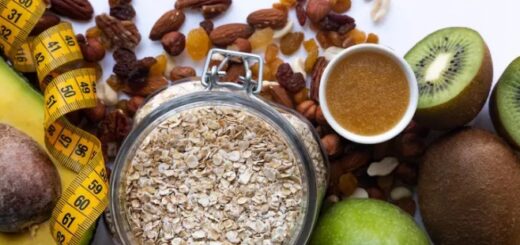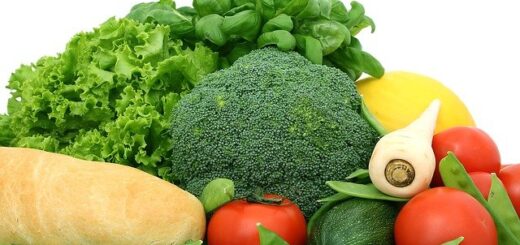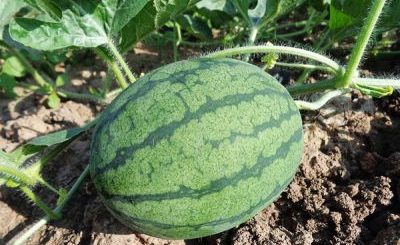Microbiota Diet, Healthy Eating Tips

Microbiota and its effects on human health are among the topics that have started to appear frequently in nutrition recently. While friendly bacteria in our gut microbiota protect us by fighting diseases, bad bacteria can cause many diseases.
The more balanced the number of good and bad bacteria in our body, that is, the healthier our gut microbiota, the less likely we are to experience weight problems, obesity, diabetes, and even heart ailments.
There is a very close relationship between microbiota and nutrition. Studies have shown that the majority of those who follow a microbiota diet and make a balanced diet a part of their lives lead a healthier life than other people.
What is Microbiota?
- Microbiota is the name given to all these microorganisms that live in our body, that is, to small creatures that we cannot see with the naked eye. The majority of this community consists of bacteria in our intestines.
- Studies on how bacteria, viruses, fungi, and parasites in our digestive system play an important role in a healthy life are increasing day by day.
- The number of harmful and beneficial microorganisms can be different for everyone. The important thing is to have a balanced distribution.
- Good bacteria ensure that the digestive process is efficient. Bad bacteria, on the other hand, do the opposite.
- If you have bad bacteria in your body, you are likely to get extra calories in the food you eat. This means fat and weight gain.
Microbiota Diet: Sample List
The microbiota diet is usually implemented in stages:
- First of all, sources such as gluten, sugar, lactose, sweeteners, which can affect the growth of bad bacteria for an average of 2 weeks, are gradually removed from the nutrition list. Red meat is also reduced. Instead, gut-friendly fruits and foods are added to the diet list.
- In the second step, prebiotics is also included in the meals for an average of 2 weeks.
- The third stage is the time for fermented foods and options such as gut-friendly yogurt, kefir, sauerkraut, and pickled salad are used. The fourth stage includes the Mediterranean diet type that will spread to the whole life.
You can have an idea about such diets by taking a look at the sample diet that will strengthen your gut microbiota. The example of the microbiota diet contains only general advice, remember that diet lists should be prepared by experts according to the individual.
1 day
- Breakfast: Omelet with curd cheese, pepper, parsley, whole wheat flour
- Lunch: Tarhana soup, boiled broccoli, and cauliflower
- Snack: 1 date and 2 walnuts
- Dinner: Dried cowpea meal with olive oil, 1 slice of whole wheat bread with sourdough
2 days
- Breakfast: Banana oat smoothie (with milk or kefir)
- Lunch: Baked sea bream or sea bass, arugula-tomato salad with olive oil and vinegar
- Snack: 10 hazelnuts, 10 raisins
- Dinner: Olive oil, bulgur pilaf
3 days
- Breakfast: 1 slice of full-fat feta cheese, 1 slice of whole wheat bread with sourdough, 1 teaspoon of honey, seasonal greens
- Lunch: Meat celery dish, salad with olive oil, vinegar, dill, and parsley
- Snack: 1 apple or orange
- Evening: Dried kidney beans with olive oil, 1 glass of ayran
4 days
- Breakfast: 1 boiled egg, 5-6 olives, tomato, cucumber, pepper, parsley, 1 slice of whole wheat bread with sourdough
- Lunch: Green lentil salad, 1 glass of buttermilk with mint
- Snack: 1 glass of kefir
- Dinner: Ezogelin soup, seasonal salad
5 days
- Breakfast: Banana cinnamon oatmeal with a little milk
- Lunch: Zucchini dish with olive oil, 1 glass of buttermilk, carrot, and radish salad
- Snack: 20 raw cashews or almonds
- Dinner: Turkey chickpeas, 1 bowl of boiled buckwheat
Microbiota and Nutrition: Healthy Tips
Here are some great tips for what we should do for a healthy microbiota :
- In order for the intestines to work properly and to get rid of excess weight if any, options from the grain group are included in the microbiota diet. Among them; whole-grain foods, wheat, bulgur, quinoa, whole grain rice, dried legumes can be counted.
- Digestive and excretory system-friendly vegetables and fruits must be consumed fresh and in season.
- Omega-3 balance must be maintained. For this, omega-3 sources such as fish should be included in the diet list 2-3 times a week.
- Fermented foods such as olives, vinegar, and turnips, which have an important role in intestinal health, are among the recommended foods in the microbiota diet.
- Organic olive oil should be used as much as possible in salads and meals.
- Prebiotics, which positively affect intestinal work, fight harmful bacteria, and increase mineral absorption, are among the best friends of the digestive system.
- You can include bananas, apples, celery, leeks, artichokes, cauliflower, broccoli, onions, garlic, chickpeas, dried beans, wheat, barley, rye, walnuts, almonds, and olives, which are sources of prebiotics, in your healthy diet list.











